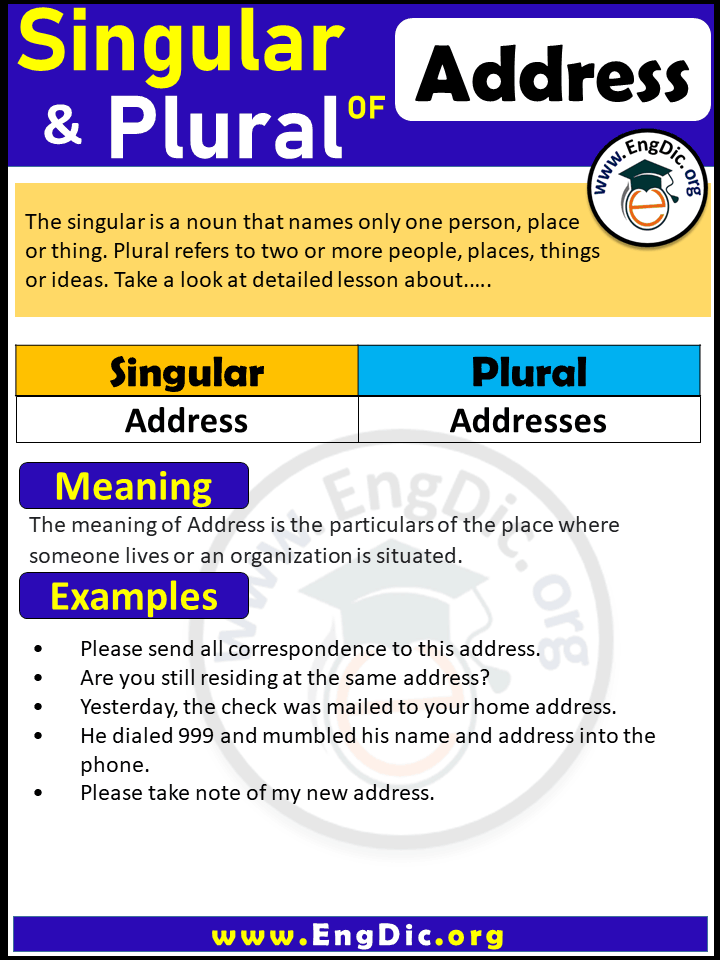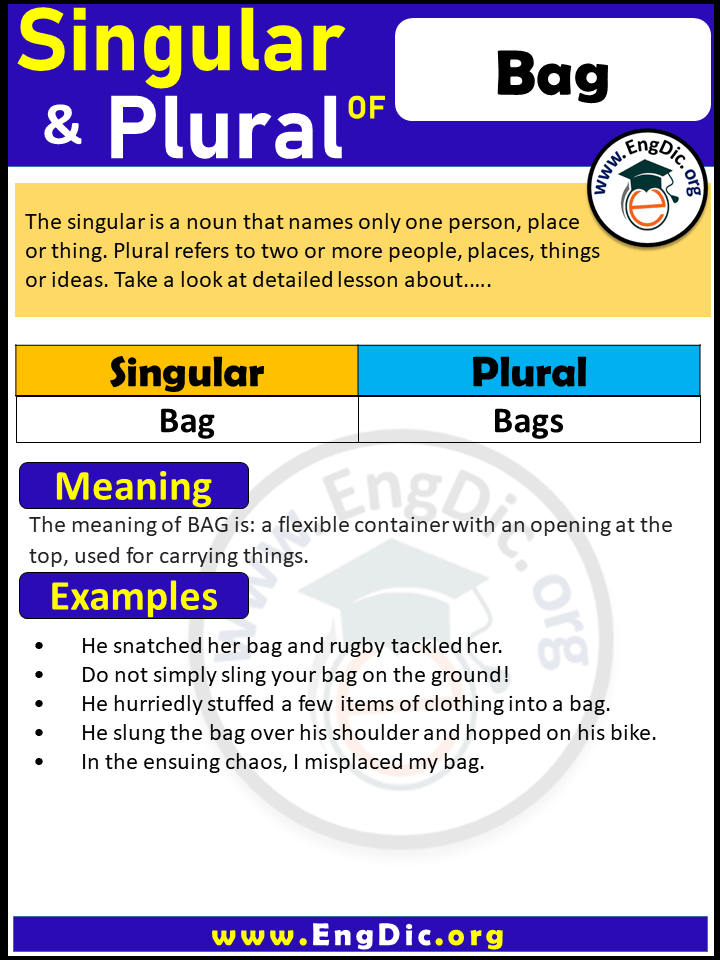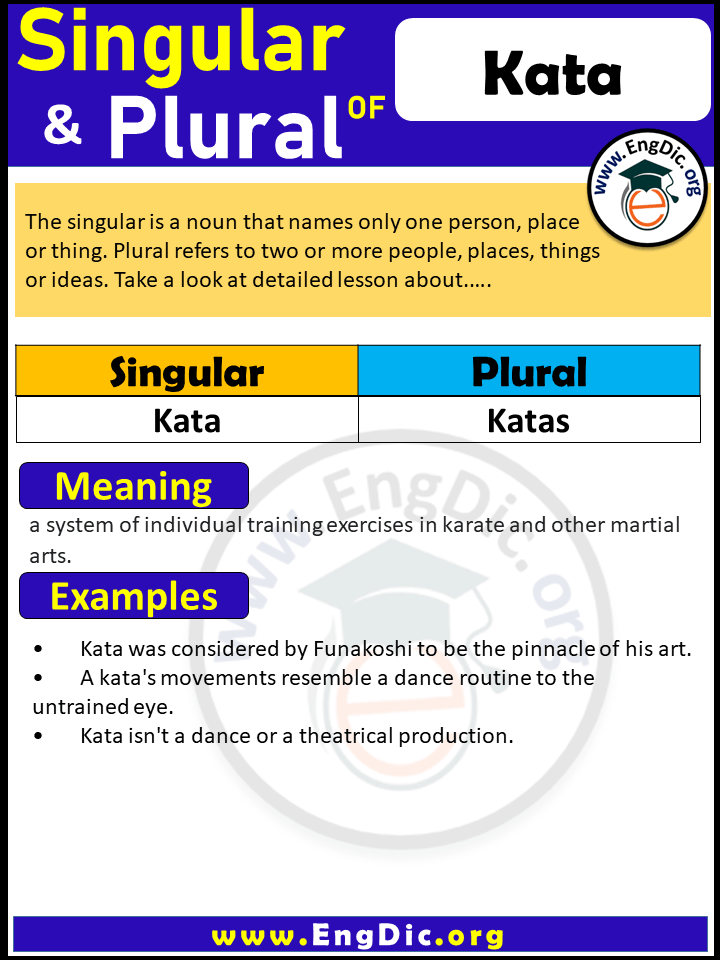Meaning: expressing the situation of something
Plural of Was
| Singular | Plural |
| was | were |
Was Singular in Example Sentences:
- She was the first person to arrive at the party.
- The weather was perfect for a picnic in the park.
- Yesterday, he was late for work due to traffic.
- The movie was a great success at the box office.
- It was a long and tiring day at the office.
- The cake was delicious, everyone enjoyed it.
- The cat was sleeping peacefully on the couch.
- My car was stolen last night from the parking lot.
- The concert was canceled due to unforeseen circumstances.
- He was the captain of the winning team.
Was Plural (Were) in Example Sentences:
- The children were playing in the garden.
- We were all excited about our upcoming vacation.
- The flowers were blooming beautifully in the spring.
- They were studying together for the exam.
- The books were neatly arranged on the shelf.
- The guests were dancing to the music at the wedding.
- The birds were chirping in the trees early in the morning.
- The cookies were freshly baked and smelled delicious.
- The students were listening attentively to the teacher.
- The mountains were covered in a blanket of snow.
Singular Possessive of Was
The singular possessive form of “Was” is “Was’s”.
Examples of Singular Possessive Form of Was:
- The was’s meaning in this context is unclear.
- The teacher explained the was’s usage in grammar.
- The was’s pronunciation can vary in different dialects.
- The book discussed the was’s historical origins.
- I couldn’t understand the was’s significance in the sentence.
- The linguist analyzed the was’s semantic nuances.
- The was’s conjugation is irregular in certain tenses.
- The student asked for clarification on the was’s possessive form.
- The sentence required the correct placement of the was’s apostrophe.
- The writer struggled with the was’s proper usage.
Plural Possessive of Was
The plural possessive form of “Was” is “Were’s”.
Examples of Plural Possessive Form of Was:
- The were’s meanings in these contexts are diverse.
- The teachers explained the were’s usage in grammar lessons.
- The were’s pronunciations can vary among different dialects.
- The books discussed the were’s historical developments.
- I couldn’t grasp the were’s significance in the sentences.
- The linguists analyzed the were’s semantic nuances extensively.
- The were’s conjugation is irregular in various tenses.
- The students asked for clarification on the were’s possessive form.
- The sentences required the correct placement of the were’s apostrophes.
- The writers struggled with the were’s proper usage.






